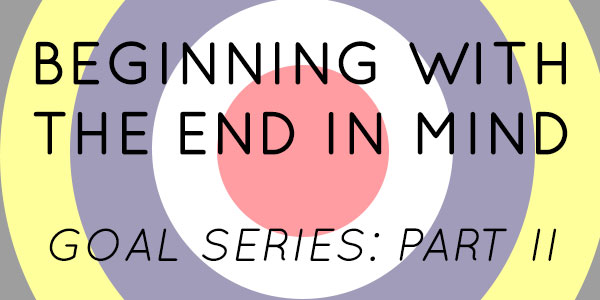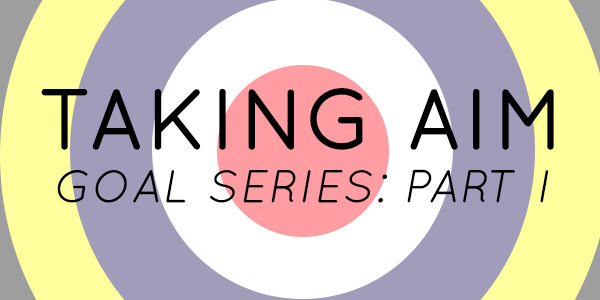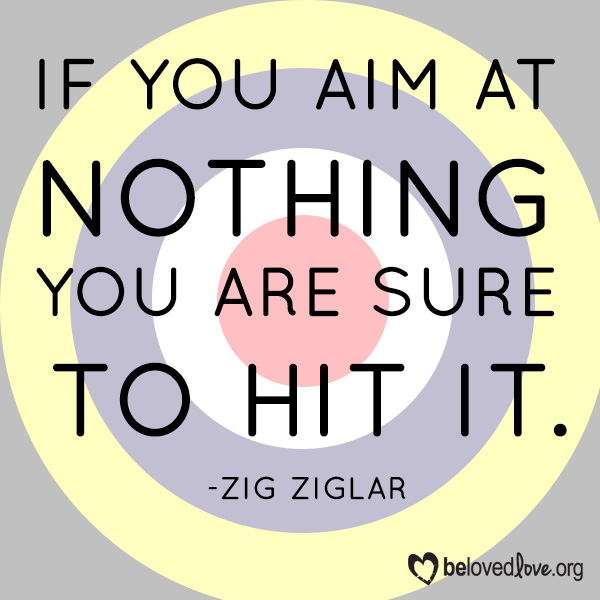We have three sons, who all played sports at various stages while growing up, and we quickly learned that youth sports were not only competitive for children, but even more so for parents. When our son made a great play, we would get more high fives from other parents in the stands than our kids would from their teammates. When there was a victory, there was as much or more cheering on the sidelines as there was on the field. (Of course at the early stages, the main reason the players were cheering at the end of the game is because it was time for treats! Aaaah! Those were the days!)
So how does a parent cope with the temptation to be drawn into this ultra-competitive environment? And how does one then teach their child to keep things in perspective? Well, I could write a whole book on this (I made many mistakes) but a couple questions really helped me keep my feet on the ground through the whole kids-in-sports thing:
“Is my child likely to be in a professional athlete?”
“Does he have that drive, that desire, and that amount of natural talent?
“Is that the way I see God leading him?”
I asked myself these question repeatedly over the years, and my answer was invariably “no.” (Sorry, guys.) If most kids aren’t destined for ESPN highlights, the next question is obvious:
“Why should kids even participate in organized sports?”
- What was the goal, the aim of that activity?
- If it wasn’t to get him a scholarship to a Division I school on the way to a pro contract deal with commercials, what was and is the point?
Unfortunately for many of us parents, the answer might be more about us than about them. Be honest, sideliners. At some point or some level we have all enjoyed basking in the glow of our kids’ successes, not because of what it says about them, but what it says about us: “you must be a good parent because your kid is a great sportsman.” (How warped is that?)
There are many good reasons for enrolling your kids in organized sports that have nothing to do with grooming them for a professional career. (Years later I continue to see, long after their playing days were over, the great things my sons still carry with them from their playing days.) Here are a few great reasons to have a child in organized sports: physical fitness, learning how to be a team member, being a part of a group, learning discipline, hard work, excellence, selflessness, honesty, restraint, self-esteem, working with good and bad coaches [translate bosses].
Organized sports teach kids how to lose, to win, to encourage, to stay positive, to be consistent, to do the job you have been assigned, to lead, to follow. I could go on. None of these things in any way requires that your child be a standout performer on the fast-track to the pros. In fact, having that star distinction can hamper him/her from gleaning many of these benefits.
What is success?
I am getting to a point here. What is success? Making a bunch of money and having a body that doesn’t work well for the last half of your life? Risking life-altering injury for a few moments of glory? Spending all your college days on the field or in the pool instead of exploring your many other interests and abilities?
How does God view success? What would he consider a worthy aim in life? Jesus was quite clear on this point:
“Love the Lord your god with all your heart, mind, soul and strength. And love your neighbor as yourself.”
Or as Paul put it in 1 Corinthians 14:1:
“Make love your aim.”
Now that is a goal worth aiming for.
Share with us: How do you decide and review goals? We would love to hear from you.
Recent posts: Taking Aim: Goal Series – Part I, A Note In Your Lunchbox, To Be, To-Do To Be






 Busy-ness is a persistent parasite, like barnacles on a sea shell. Busy-ness attaches itself to my life through “extra” expectations and goals and plans. If I allow these barnacles to grow and multiply, my priorities and my calling become almost unrecognizable. I come to believe that these embellished plans are God’s will for me, and I convince myself that no one but I can accomplish these plans–not even God. My time is consumed by either working on these altered plans, or worrying about them. Gone is my willingness to begin each day in God’s presence, and to seek His guidance throughout my day. There is no time. I must hurry. There is much to do.
Busy-ness is a persistent parasite, like barnacles on a sea shell. Busy-ness attaches itself to my life through “extra” expectations and goals and plans. If I allow these barnacles to grow and multiply, my priorities and my calling become almost unrecognizable. I come to believe that these embellished plans are God’s will for me, and I convince myself that no one but I can accomplish these plans–not even God. My time is consumed by either working on these altered plans, or worrying about them. Gone is my willingness to begin each day in God’s presence, and to seek His guidance throughout my day. There is no time. I must hurry. There is much to do. By Lydia Floren
By Lydia Floren